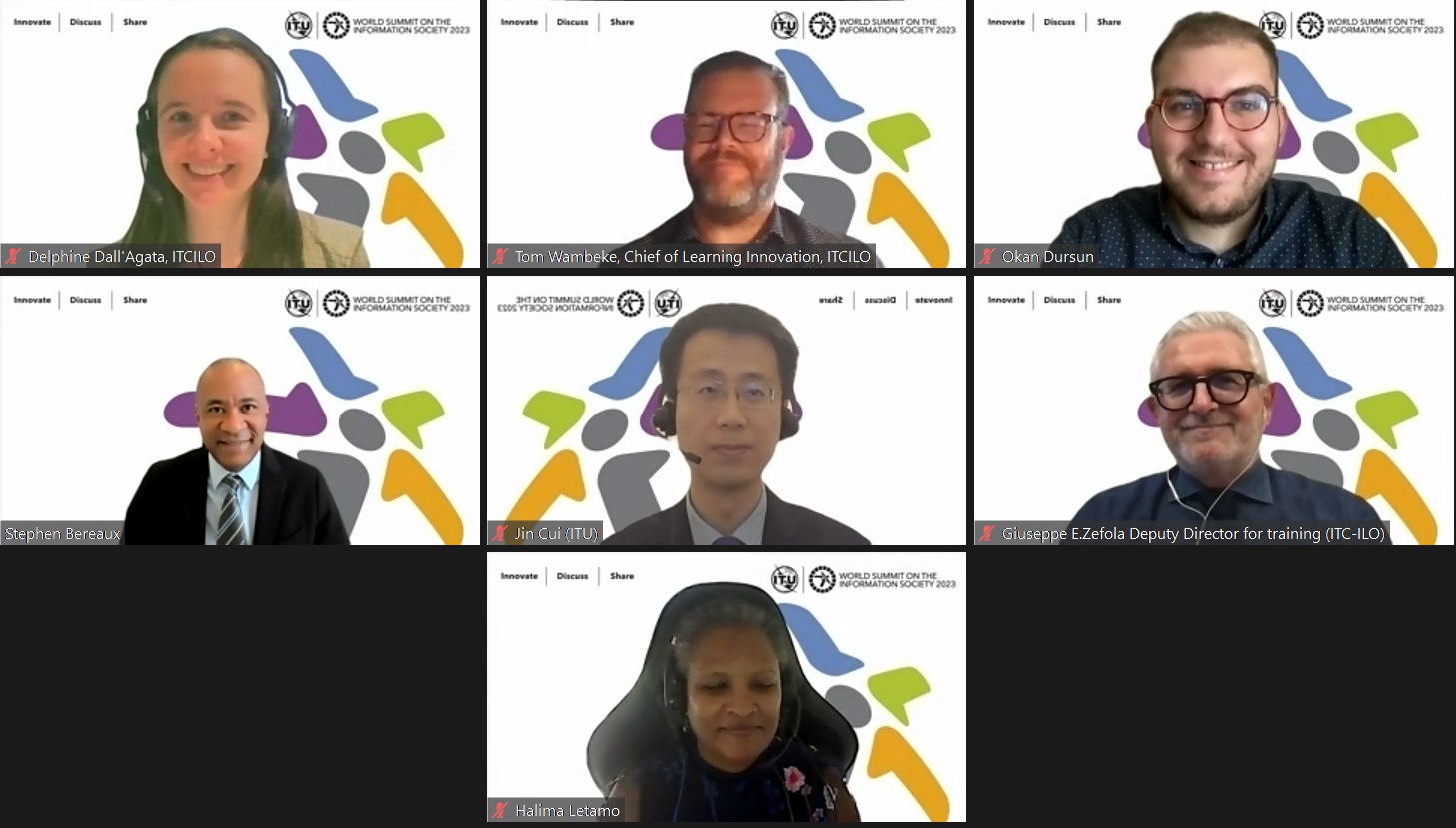WSIS Action Line C4: Understanding AI powered learning: Implications for developing countries
ITU, ITC-ILO
Session 468
The use of immersive technologies and data to design individualised learning experiences and lifelong learning pathways is growing rapidly. These technologies provide educators with capabilities to undertake complex tasks such as monitoring exam integrity, transcribing faculty lectures, analysing student success metrics and plagiarism detection among others. They can also support more routine tasks such as assisting teachers with administrative tasks, automated essay scoring and providing real time feedback to students’ questions. These tools enable the understanding of learning behaviours, as well as provide data which can be used to develop responsive learning programmes. AI-enabled technologies are changing the future of learning and shaping the nature of conversations between education policy makers, curriculum developers, designers and teachers, but most importantly between teachers and learners. Learners will come into contact with AI enabled technologies unknowingly, placing an obligation on educators to communicate these technologies to the learners. The educators are also faced with the challenge of ensuring the learners are familiar with how the data that is collected from their activities will be used as well as how it will be built back into the learners’ lifelong learning plans. While AI-enabled technologies are highly beneficial in the learning process and are inevitable, there are challenges associated with the roll out of AI services in developing countries where the digital skills gap is a reality and access to connectivity is a challenge. Where connectivity is present, the bandwidth available may not be able to support these services.
This session will discuss how AI is changing learning practices, behaviors and policies as well as the implications for developing countries. It will bring together experts from ITC-ILO, who have been advancing research and implementation of AI for learning, from ITU, who have been managing an international platform for dialogue on AI for good and from industry and policy makers in developing countries. During this session, the experts will address the following questions:
- How is AI used in learning environments, what are its opportunities and challenges?
- What are the implications of AI for skills development at grassroots level?
- What are the main issues that developing countries may face with the use of AI in training and development, how can these be mitigated?
- What can policy makers do to leverage the potential of AI in skills development and deal with the challenges?
- How can the international community best support those efforts?
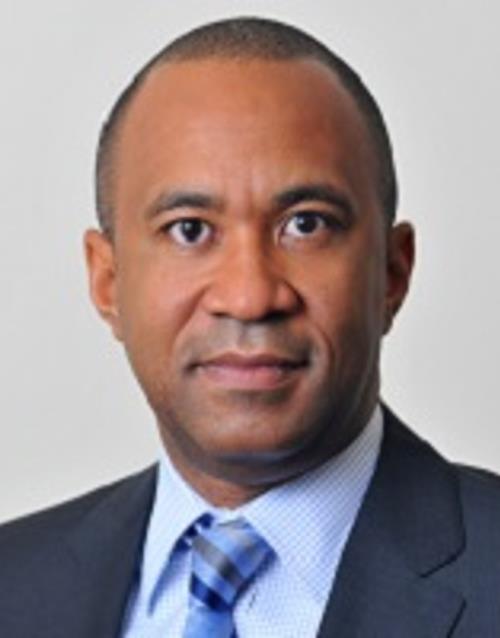
Stephen Bereaux is the Deputy to the Director of the ITU Telecommunication Development Bureau since 7 March 2020.
Mr. Bereaux is an experienced regulator, with more than 20 years of executive and senior management experience in regulatory bodies in the Caribbean region. Prior to joining ITU, Mr Bereaux was Chief Executive Officer of the Utilities Regulation and Competition Authority (URCA), Bahamas which regulates the ICT and Electricity sectors, advises the Government on policies relating to those sectors, and represents The Bahamas at international sector related organisations such as the ITU.
Prior to joining URCA in 2010, Mr. Bereaux served in senior management roles at the Telecommunications Authority of Trinidad and Tobago (TATT). Before becoming a Regulator, Mr. Bereaux, an Attorney by profession since 1996, practiced law at multinational firms based in London and Hong Kong, specialising in Information Technology and Telecommunications Law.
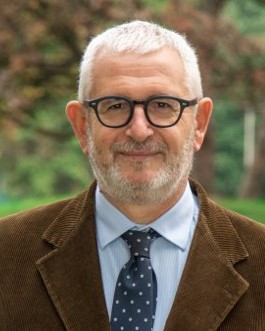
Giuseppe E. Zefola is the Deputy Director of Training of the International Training Centre of the ILO since January 2023.
In this function, he coordinates management support to the learning faculty and assists the Director of Training in the development of the training programme and other capacity development services offered by the Centre to its constituencies. He also oversees partnership development and resource mobilisation.
Giuseppe E. Zefola is an experienced senior manager who has been serving the ITC-ILO in different managerial capacities. He served as Chief of Partnership Development until 2022. Prior to this, he worked as Chief of Human Resources Services and Chief Operations Officer.
Mr Zefola holds a degree in Applied Linguistics from the University of Florence.
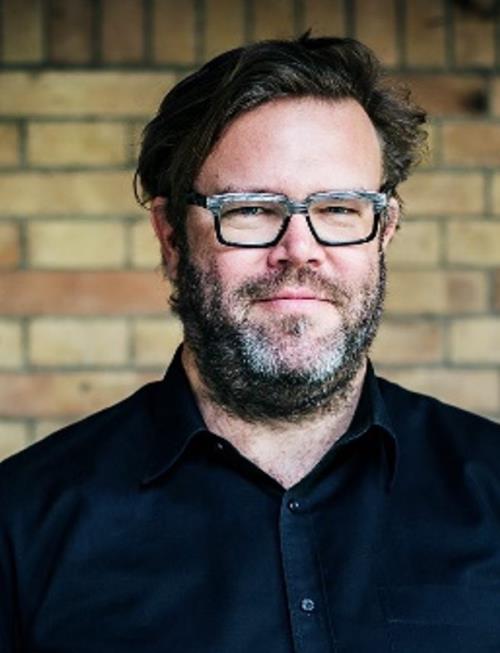
Tom Wambeke is a United Nations Senior Executive with 20 years of work experience in managing capacity development programmes with focus on learning innovation and digital transformation. He worked with cross-functional teams on innovation projects across more than 50 countries.
Since 2015, he has been serving as Chief Innovation Officer of the International Training Centre of the International Labour Organization and specialises in providing sustainable learning solutions to generate impact and organizational change. The Programme he is leading has a double mandate: to strengthen the Centre’s in-house capacity to apply state-of-the art learning, communication and knowledge sharing methods and technology, and to provide learning, innovation and communication services to outside partners on a global scale. In this context he works closely with UN agencies, development banks, international organisations, governments and NGOs.
Tom Wambeke has been actively involved in strategy facilitation, participatory knowledge sharing, networked learning and ICT4Development. He Is also a public speaker on Innovation, Strategic Foresight and digital transformation and has authored different toolkits and publications.
Tom Wambeke holds diplomas from the University of Leuven and University of Antwerp (Belgium) and executive certificates from the University of Stanford and the Massachusetts Institute of Technology.
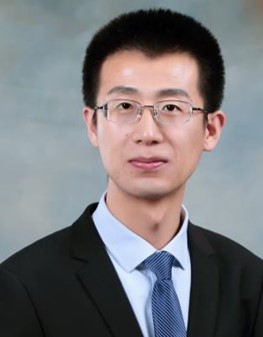
Jin Cui is a Junior Professional Officer at the International Telecommunication Union (ITU), focusing on research on emerging technologies, especially Artificial Intelligence (AI). He has led work on the development and analysis of the 2022 UN AI Activities compilation. He co-created the AI for Manufacturing Discovery Channel on the AI for Good platform. He is engaged with the CEB-HLCP Inter-Agency Working Group on Artificial Intelligence (IAWG-AI) and AI for Good. He is also an Assistant Professor at Beihang University (China).
Jin Cui received his Ph.D. degree from Beihang University (China) in 2019 and his B.Eng. degree from Taiyuan University of Technology (China) in 2013, respectively. His research interests include Cloud Manufacturing, Digital Twin for Electromechanical Systems, and Prognostic and Health Management. He has authored or co-authored more than 20 scientific articles in scholarly journals and conference proceedings in the above research areas.
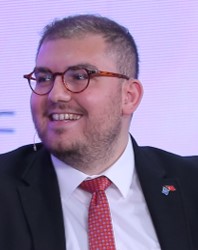
Okan is the Founding Member of Twin Science, an ed-tech company that combines science, technology, engineering, and mathematics (STEM) learning with SDGs education for young people to raise them as tomorrow’s changemakers. Twin Science has reached more than one million young people with Twin STEM Kits and the Twin mobile app in over 70 countries. Twin Science has been recognized as a “Technology Pioneer” by the World Economic Forum, won BETT Awards 2020 and the Silver Play for Change Award from Toy Industry of Europe.
In 2022, during the 77th session of the United Nations General Assembly, Okan was recognized as one of the 17 Young Leaders for the Sustainable Development Goals. Passionate about eliminating inequality in education worldwide, he has also been leading a social responsibility project called the World Science Movement (WSM). The project aims to give children better access to STEM education and has reached over 500,000 underprivileged children in Cameroon, Ghana, South Africa, Tanzania, Kenya, and Turkey.
As a student, Okan started his journey with the Young Guru Academy, one of Turkey’s leading NGOs. He was selected as one of 50 young talents to develop impact-driven projects for refugees, orphans, the visually impaired and others through volunteerism.
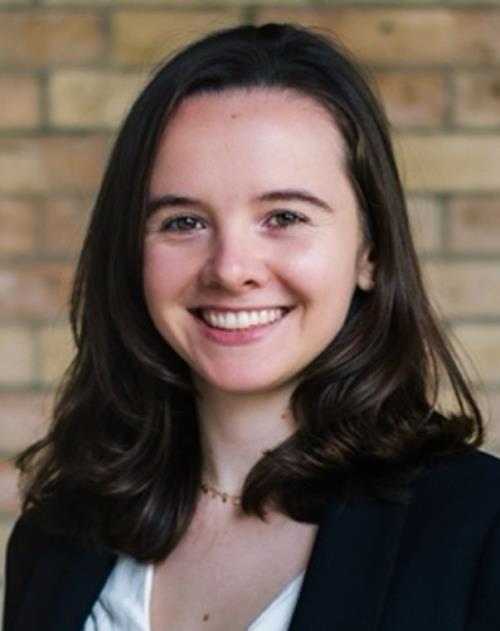
Delphine Dall’Agata is a United Nations young professional with 5+ years of international experience in cross-cultural training, global communication, and sustainability research.
She currently acts as an Associate Programme Officer at the International Training Centre of the ILO (ITC-ILO). Within the Learning Innovation Programme, she manages cross-functional learning and communication projects. Her specialization lies in delivering high- and low-tech future-of-work solutions with a human-centered approach.
Delphine Dall’Agata holds a Master's in the Management of Development from the Turin School of Development and a Bachelor's in Spanish and Italian Studies from Dickinson College.
-
 C4. Capacity building
C4. Capacity building
-
 C7. ICT applications: benefits in all aspects of life — E-learning
C7. ICT applications: benefits in all aspects of life — E-learning
-
 Goal 4: Ensure inclusive and equitable quality education and promote lifelong learning opportunities for all
Goal 4: Ensure inclusive and equitable quality education and promote lifelong learning opportunities for all
